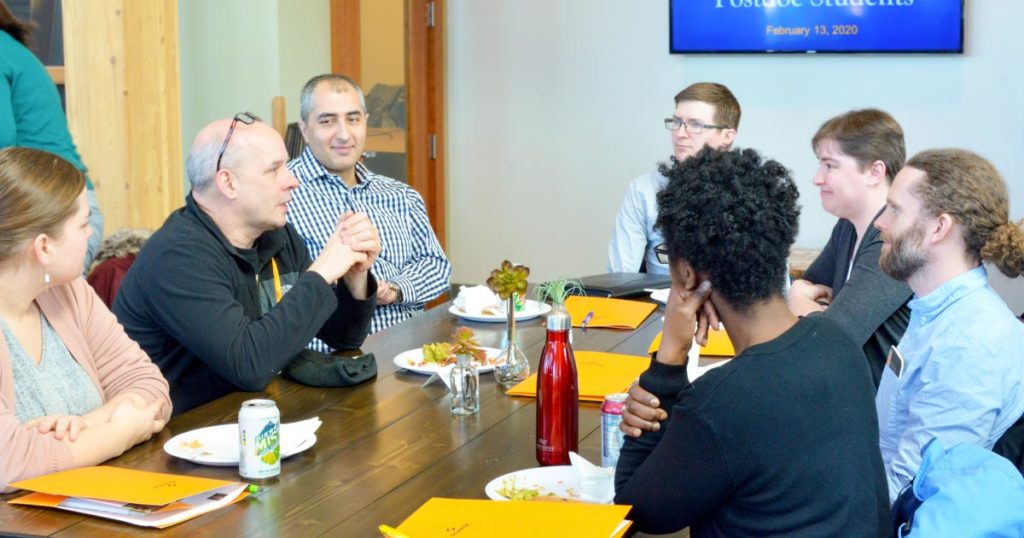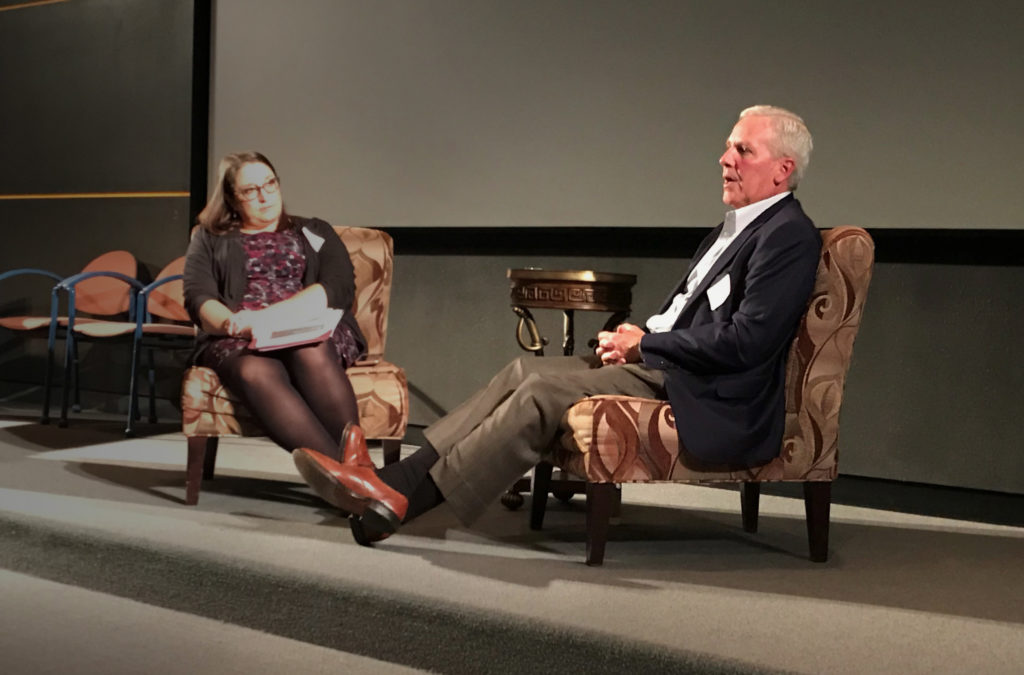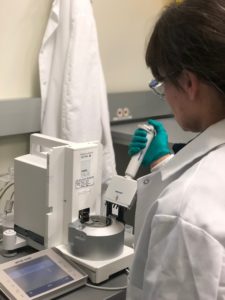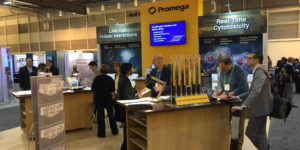Gayetri Ramachandran taught her first university class during the COVID-19 pandemic. While the online course was successful overall, it was a strange experience to teach without being able to see the students.

“If you’re giving a seminar and you can’t see the other person, it’s extremely difficult,” says Gayetri, a postdoctoral researcher at the Institut Necker Enfants Malades in Paris, France. “If they’re sleeping, I can’t see them. It’s fine, you can sleep, but if I can’t see that you’re sleeping, then I can’t get that feedback in real time.”
Earlier this summer, Gayetri had another opportunity to give an online presentation. Before the COVID-19 pandemic disrupted travel plans, she was scheduled to visit the Promega Headquarters in Madison, WI, to tour the facilities and meet with R&D scientists. Instead, Gayetri presented her research to a group of Promega scientists in the first Promega Virtual Customer Experience Visit.
Continue reading “A Virtual Visit with the National Young Researcher of the Year”


 I used to love taking magazine quizzes to learn more about myself. I thought it would be fun to create a quiz to help you find out what scientific career path may be the best fit for you. Be open-minded while taking the quiz and remember that this is just for fun!
I used to love taking magazine quizzes to learn more about myself. I thought it would be fun to create a quiz to help you find out what scientific career path may be the best fit for you. Be open-minded while taking the quiz and remember that this is just for fun!



